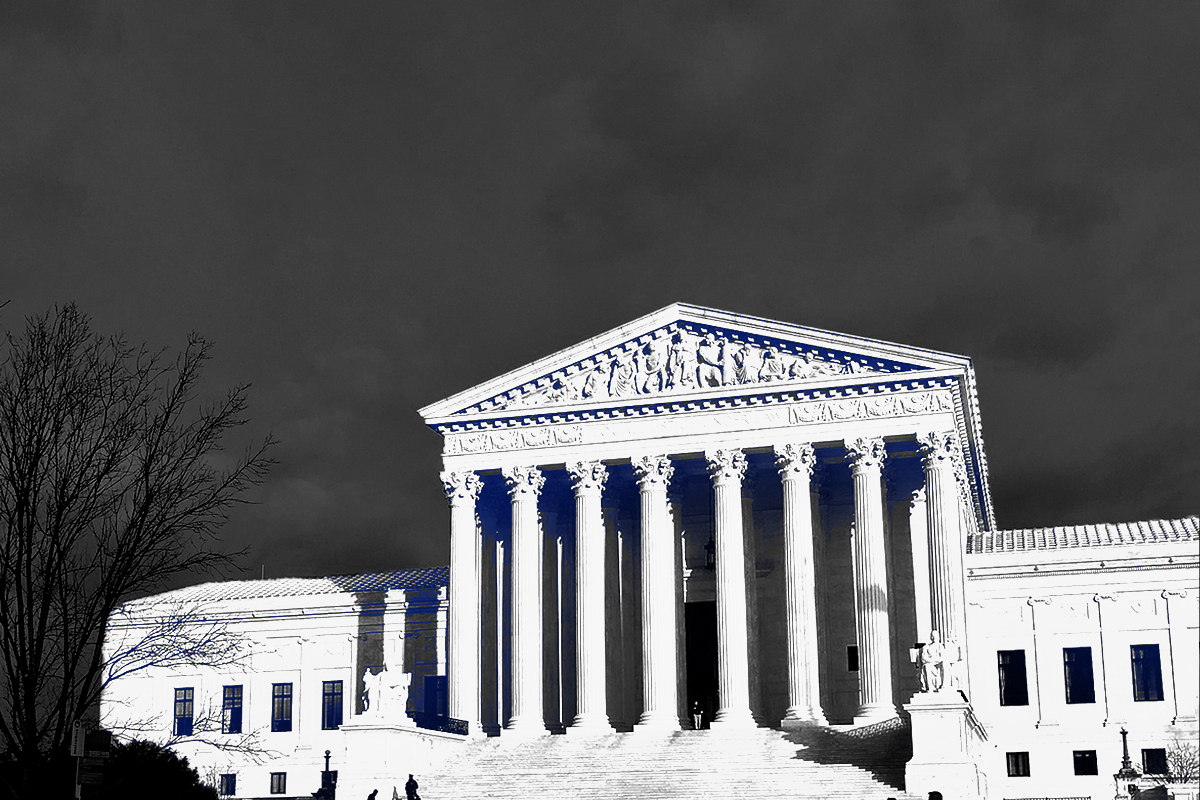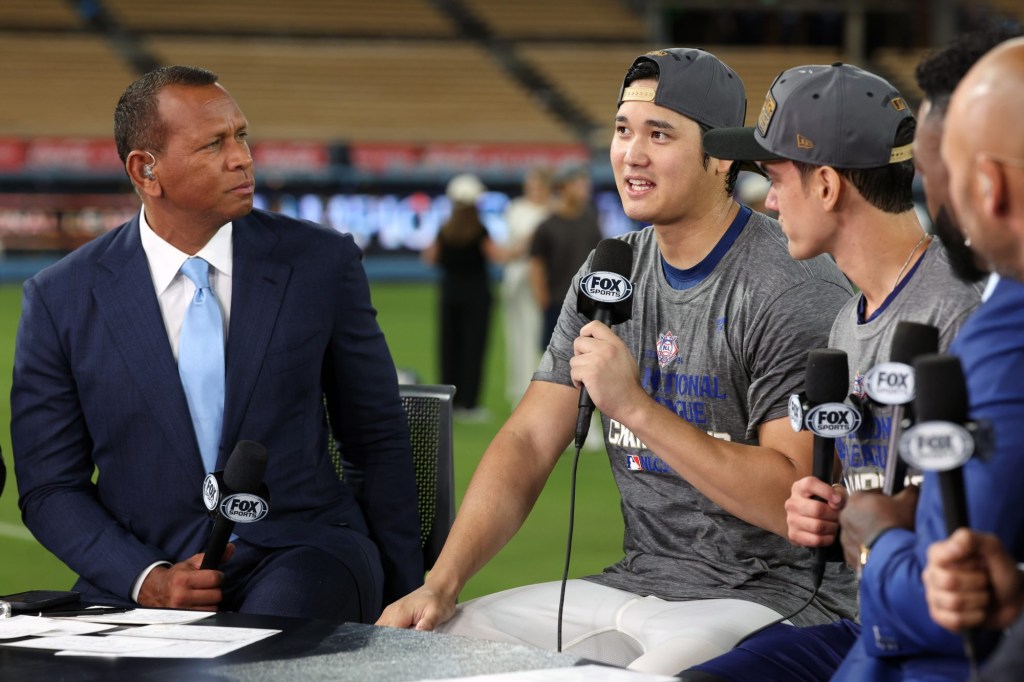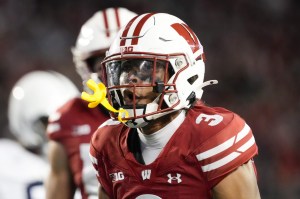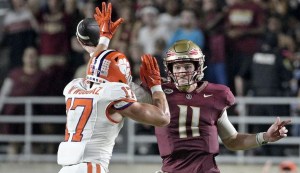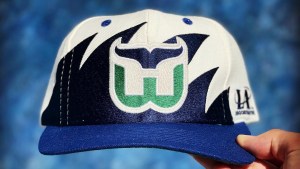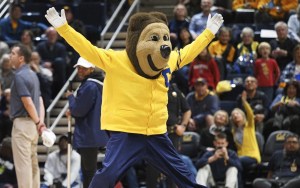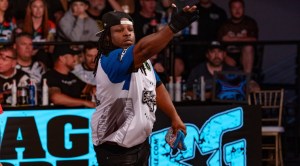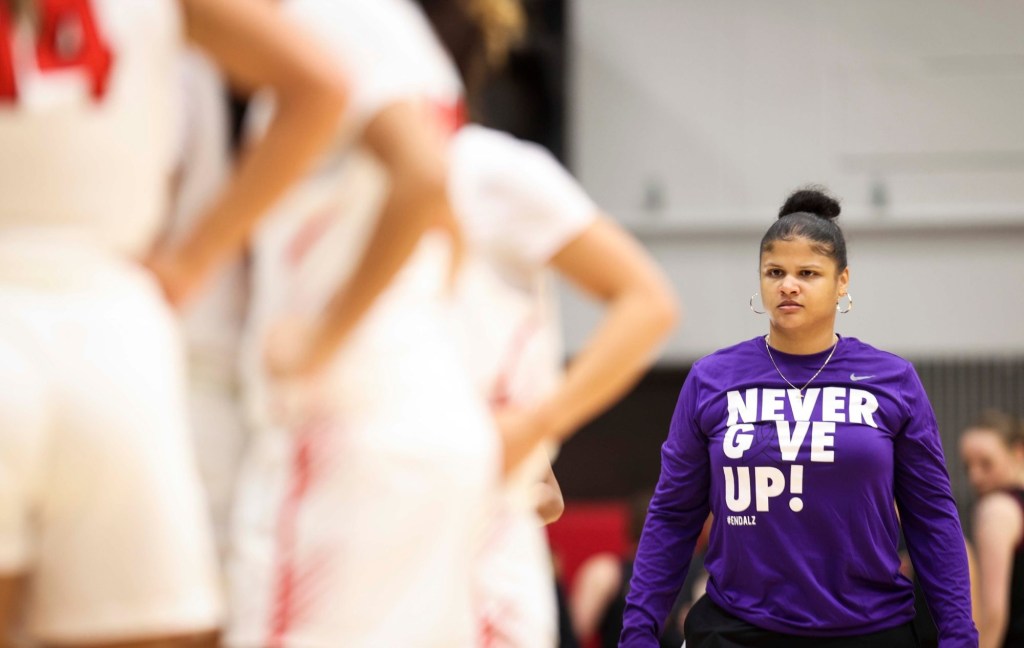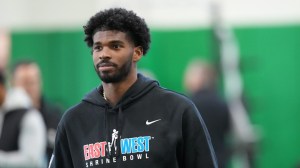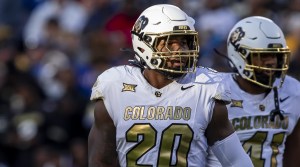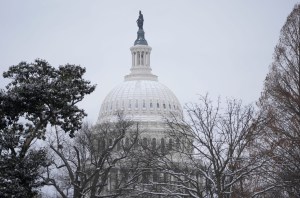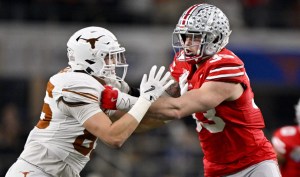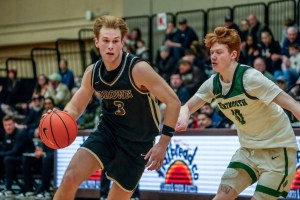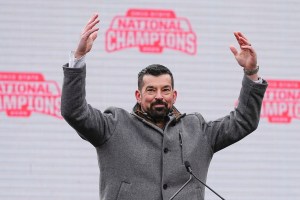In their list of demands, the basketball players who staged this month’s #NotNCAAProperty movement made a plea to the Supreme Court.
“[Do] not give the NCAA any power to deny us equal freedoms.”
Depending on the outcome in NCAA v. Alston, the high court could do just that. The ultimate ruling, which will come this summer, could give the NCAA permanent legal grounds to never pay players.
The case reviews a circuit court ruling saying the NCAA violated antitrust law by limiting the amount of “non-cash education-related benefits” that schools can offer FBS football and basketball players.
Oral arguments were heard today — a few days before unpaid athletes continue basketball tournaments that make the NCAA billions.
The History
For decades, the NCAA has poured millions in legal fees into defending amateurism — paid for by the revenue basketball players generate.
The last time the Supreme Court heard an NCAA antitrust case was the infamous 1984 Board of Regents. The court’s opinion included the following pro-amateurism language that the NCAA still touts today.
“In order to preserve the character and quality of the ‘product,’ athletes must not be paid, must be required to attend class, and the like.”
About twenty years later, former UCLA basketball player Ed O’Bannon sued the NCAA for not paying him for the use of his name, image, and likeness.
In 2015, the Ninth Circuit heard an appeal. Its decision forced the NCAA to provide educational benefits up to the cost of attendance. The Supreme Court then refused to hear the case.
The O’Bannon decision came shortly after West Virginia football player Shawne Alston first filed his case — the one the Supreme Court is hearing today.
O’Bannon gave Alston a narrow path to further challenge the NCAA’s limits on educational benefits.
The Stakeholders
It’s not just college athletes, the NCAA, and schools who care about the decision. Third-party companies prepping for name, image, and likeness legislation are also watching intently.
Today, even the acting solicitor general argued on the athletes’ side.
“It’s not something that happens every day,” Jaime Miettinen, athlete advocate and founder of Miettinen Law, told FOS of the executive branch’s intervention.
